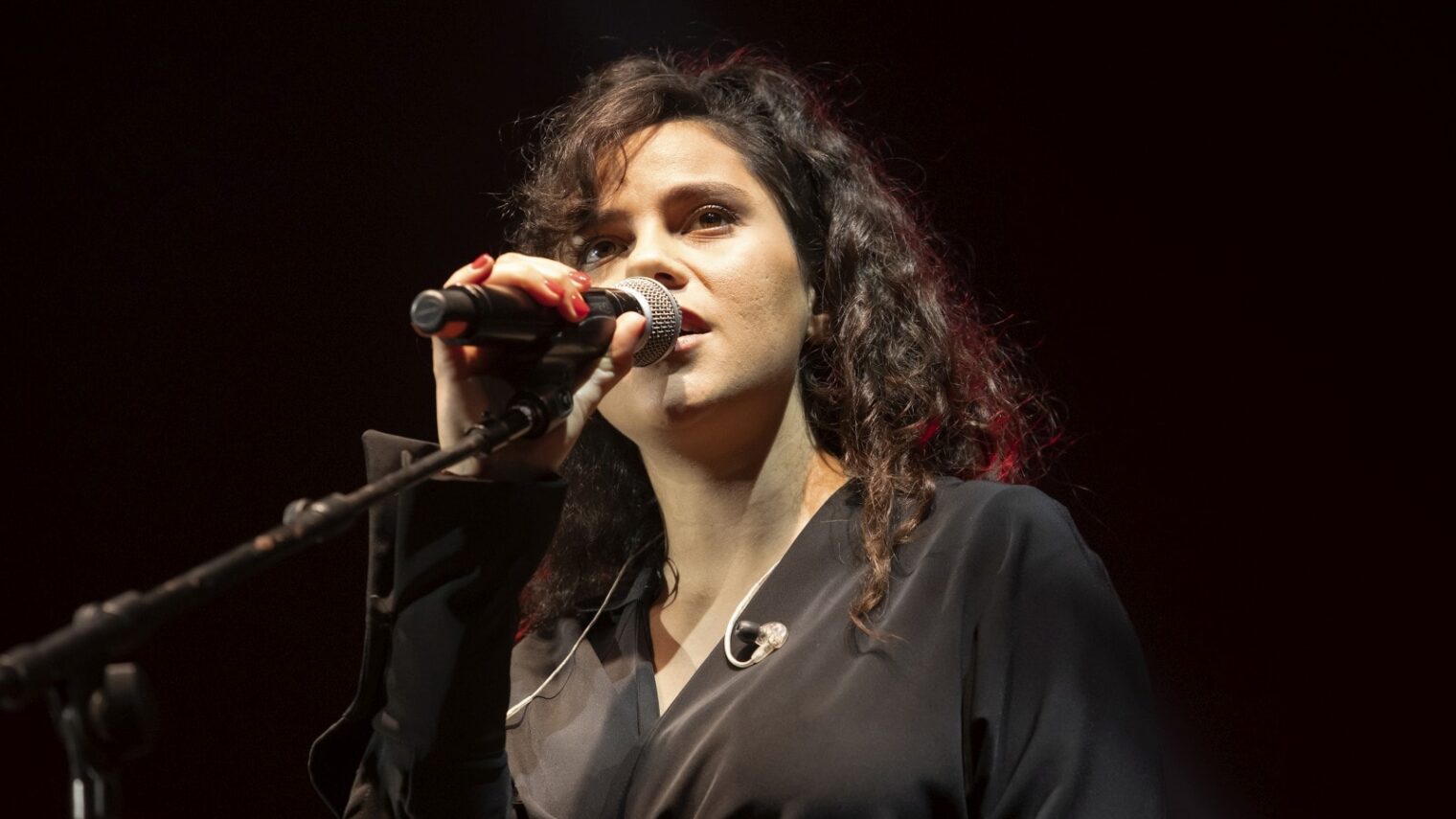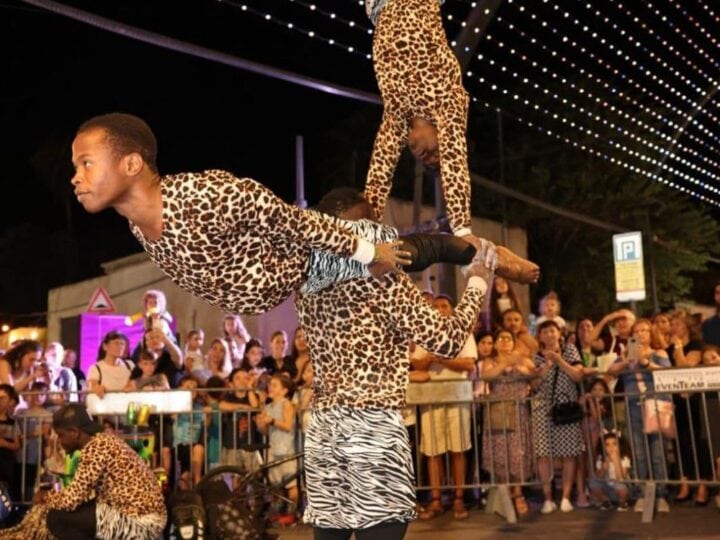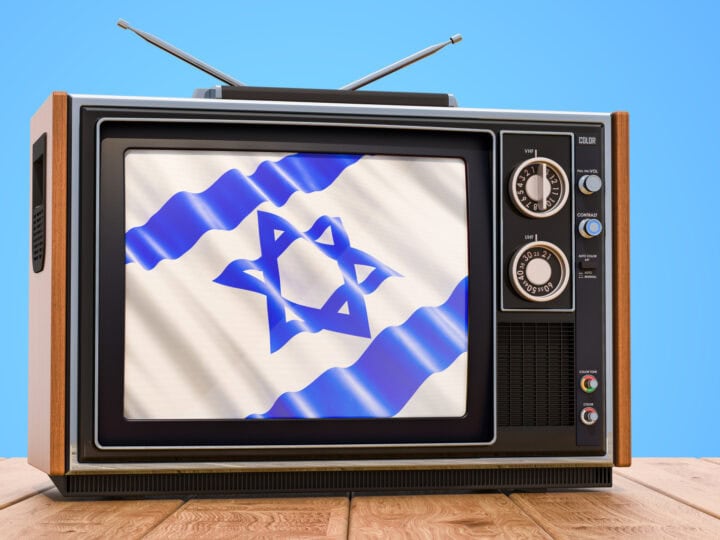War changes us in ways both big and small. Suddenly the favorite Spotify playlist you put on automatically in the car or on the treadmill no longer feels relevant.
What feels right for the times and in tune with the psyche of the nation are Israeli music stations with their “together we will win” jingle, soothing words and music of our best-loved artists.
This perspective doesn’t surprise Shahar Amano, who has a show on Israel’s most popular radio station, Galgalatz.

After the October 7 massacre, he immediately switched the Mediterranean genre to music reflecting the mood of the country.
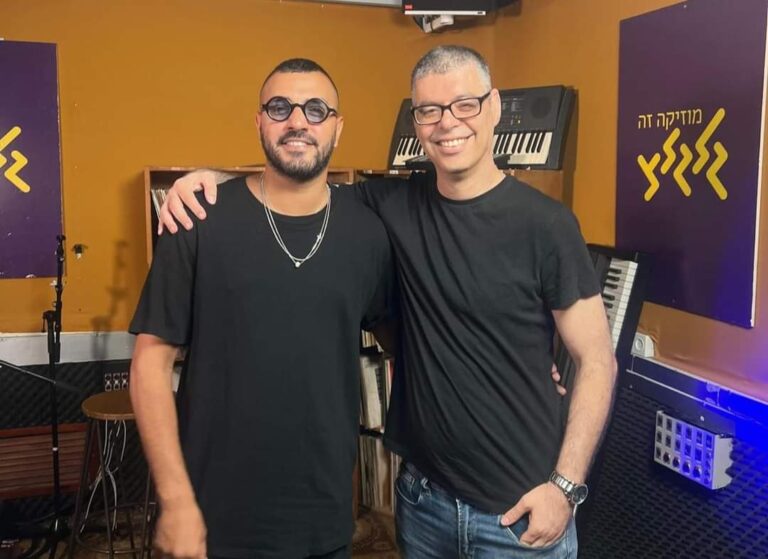
“In those first few days of shock and fear, people needed something soft and easy on the ear,” he tells ISRAEL21c. “They found this in much-loved classics. Pure nostalgia, something you can connect to immediately.”
Two of the artists the public immediately turned to are Israeli icons Arik Einstein and Shlomo Artzi. Einstein, who died 10 years ago at 74, still provides a balm with his mellow vocals and lyrics that can be interpreted to fit the moment the country is living through.
It isn’t easy to listen to the words “beware of the vulture in the sky” in Einstein’s 1993 hit, Uf Gozal (Fly, Fledgling) and not to think of the young victims of the Supernova party massacre or the heartache of their parents who gave them their freedom.
New sounds for a new situation
The events of October 7 also led to a flurry of songwriting and new releases by Israel’s top artists.
“They wrote these songs literally in the days after as a response to the slaughter and in an effort to unify the country,” says Amano.
At this dark time, he adds, “people wanted music as a release or to uplift the soul.”
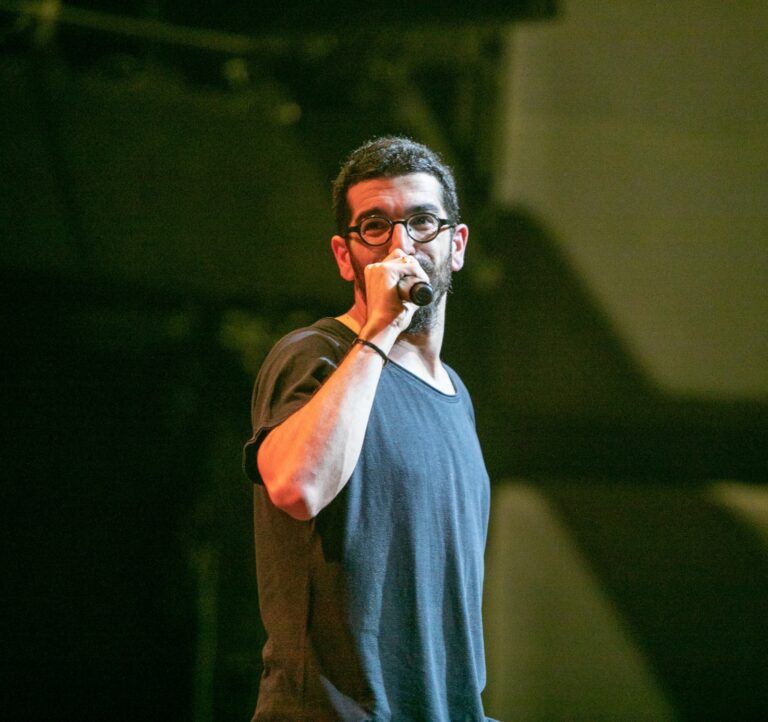
The song that seems to fit the bill best is Moledet (Homeland). Released by popular artist Hanan Ben Ari on October 16, the vocals sound like a plaintive prayer.
But the lyrics don’t shy away from the brutal violation of young women (“The sleeping beauty, until when will you bleed?”) or the severe mistakes that led to the tragic events of October 7 (“Someone fell asleep during the watch…”). Ultimately, however, there is a call for strength and for the undying love for our homeland (“You will always be my homeland, even on the edge of the abyss, even inside Gehinnom [hell] itself, you are the Garden of Eden”).
One of Israel’s top performers, Eyal Golan, also responded to the tragic events and brought out Am Yisrael Hai (The Nation of Israel Lives) on October 19.
Using a slogan traditionally heard more in the diaspora, but now on posters across Israel, Golan managed to create an uplifting and empowering song.
As he sings, “The sun will shine soon, we’ll know better days… everyone will return home, we’ll wait for them below, hopefully we’ll know good news… the nation of Israel lives during ascents and during declines, even during the hardest hours.”
Striking a different note, the rap song Harbu Darbu by Ness Ve Stilla captures young Israelis’ anger toward Hamas.
Oldies and remakes
A few songs released prior to the war also catch the current mood of the country.
“These are songs that reflect angst and whose words become more meaningful in light of what we are going through,” says Amano.
Examples are Hanan Ben Ari’s 2020 hit Amen Al Yeladim (Amen to the Children); Yihye Tov (It Will Be Good) by Jasmin Moallem from May 2023; and Yagel Oshri’s August 2023 song, Latzeit Medikaon (Leave Depression Behind).
Another phenomenon is the remake of old songs. One of the best examples is Yehoram Gaon’s golden oldie Lo Tenatzchu Oti (You Will Not Defeat Me). In the remake, Gaon is accompanied by the IDF Choir and filmed with young, smiling air force and ground soldiers waving Israel flags.
The 2003 Shmulik Kraus song Yom Rodef Yom (Day Follows Day) was remade by Lielle Arabov in memory of Omer Balva, a 22-year-old lone soldier from Maryland who died on October 20 in battle on the northern border.
What is not being played on Israeli music stations these days is just as telling as what is on the radio. Reigning pop artists such as Anna Zak and Noa Kirel (whose song Unicorn won Israel third place at Eurovision earlier this year) have almost disappeared.
Curating music during a war
Amano, 46, who joined Galgalatz three years ago after being a journalist at the Israeli news site Ynet, gears his playlists toward the mood of his listeners.
“My show, Ha’anashim Shel Hamuzika [The People of the Music] is broadcast at 10pm on a Saturday night. It’s the time people are coming home all charged up after a soccer match — or last year, from political demonstrations — and I felt it was a time to broadcast music that unifies people,” he says.
Playlists sometimes need to be changed shortly before going on air. “Israel is a country with a lot going on. After the news broadcast I always tend to play softer music.”
Amano is in touch with his listeners through social media, which gives him a good guide to the impact of the music he plays.
“Lots of Israelis abroad tune in to the show and often send a message that they cried during the program and are longing for their mothers. Another told me recently that after two months, one of the songs I played made her feel like dancing again.”
Theme song for a war
“Wars have always had a theme song. In the Yom Kippur war, Rivka Zohar was the leading artist and in the first Lebanon war it was Yardena Arazi’s Habayta [Going Home],” Amano relates.
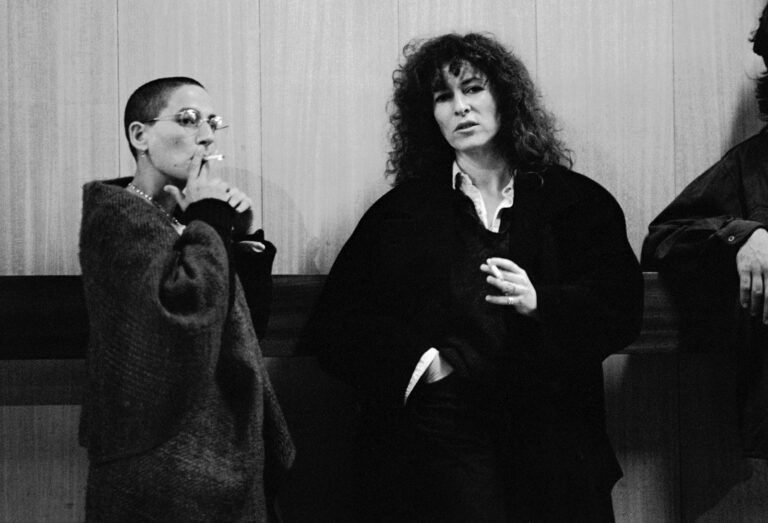
Which song will be THE song of the Iron Swords war?
Amano thinks perhaps it has not been written yet, but for now his bet is Moallem’s Yihye Tov. Sung in her distinctive ethereal voice, the song describes a rollercoaster of emotions, from positivity to breakdown, with a bit of optimism thrown in too.
“What we went through in a year, could fit a decade” to “If something will happen to you, I’ll go crazy/If something will happen to you/I’ll die.”
Then it shifts to an uplifting chorus: “It will be okay/Even if we have some road yet to pass/At the end it will be, it will be okay.”
According to Amano, music has an immense role to play during wartime.
“Music is humanity. Hamas from the beginning aimed to kill us physically, but ultimately music shows they can’t kill our spirit.”

All wars have anthem songs.
Songs that reflect the pain of the nation but also give comfort and uplift.




